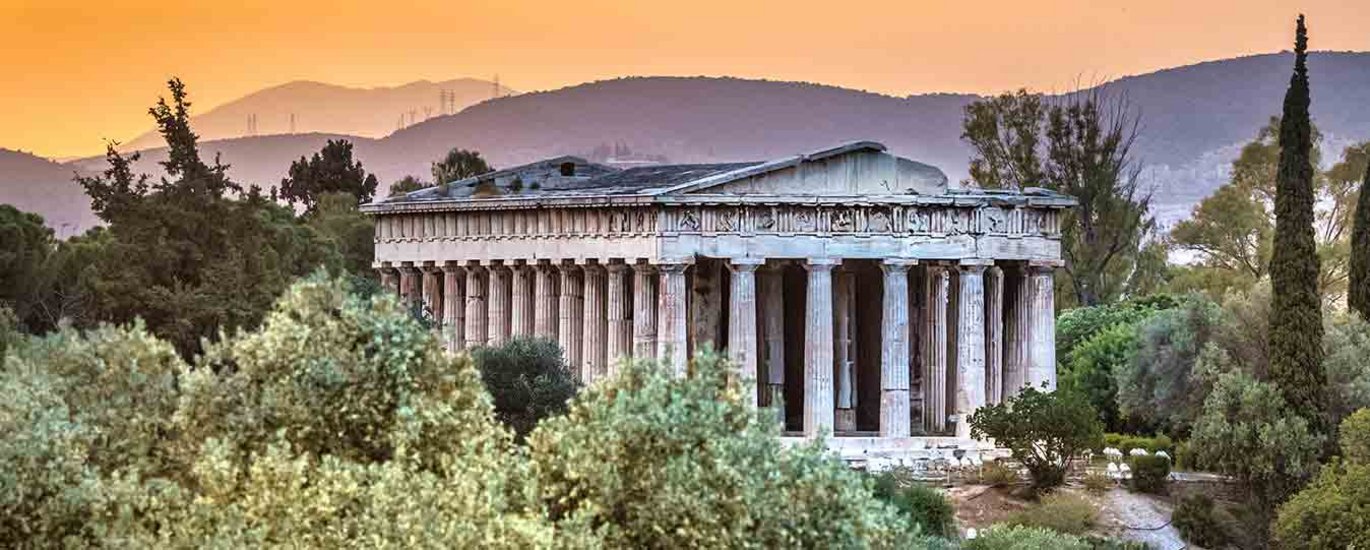Can democracy keep up with a fast-changing world?
Professor of Political Science Kees van Kersbergen from Aarhus BSS at Aarhus University has been awarded an ERC Advanced Grant of DKK 18.6 million by the European Research Council to investigate how democracies adapt to the pressures of an increasingly fast-paced society.


We live in a high-speed society. Technology evolves rapidly. Social norms shift. People expect quick answers to complex problems. And yet, democratic politics often move slowly. New laws take time. Debates are lengthy. Democratic institutions are built to ensure well-founded decisions – not rapid ones.
This creates a growing dilemma: Should governments speed up decision-making to keep up with change – even if that means bypassing democratic checks and balances? Or should they stick to democratic procedures, knowing they might fall behind and lose public trust?
Kees van Kersbergen has received the prestigious ERC Advanced Grant to explore this very dilemma. Together with his research team, he will use innovative theory, surveys, and laboratory experiments to study how different political systems across eight democracies cope with the trade-off between speed and democratic quality. The project will examine cases in Denmark, Estonia, Germany, India, the Netherlands, Switzerland, the UK, and the US.
“We won’t be focusing on crises like wars or pandemics, but rather on the more pervasive and ongoing forms of temporal pressure that democracies face today. Take for example the regulation of artificial intelligence. We’ve already seen cases where, before regulators even begin drafting laws, the technology has already leap ahead,” says Kees van Kersbergen.
One striking example of political speed – at the expense of democratic procedure and the rule of law – came during Donald Trump’s first 100 days in office, when he issued 140 executive orders that reshaped major policy areas almost overnight, through executive orders, without input from Congress.
“But we shouldn’t simply see democratic slowness as a weakness and political speed as an advantage. The examples of AI regulation and Trump’s executive orders make that clear. Democratic politics can sometimes move quickly. At other times, slowness is deliberate and valuable,” explains van Kersbergen.
His new project is titled SLOMODEMO – short for slow-motion democracy. The focus is on how liberal democracies adapt to an increasingly fast-paced society.
Ultimately, SLOMODEMO aims to shed light on the deeper roots of democratic dissatisfaction. Perhaps the answer lies in the growing disconnect between what citizens expect from democracy and what it can deliver? the researchers ask.
“Receiving an ERC Advanced Grant is both an honour and a tremendous motivation. It allows me to build a committed research team and to study in depth how democracies can safeguard their integrity in an age of accelerating change. It also means I can continue pursuing my work in the department, alongside colleagues whose ideas and support over the years have been invaluable,” says van Kersbergen.
Christoffer Green-Pedersen, Head of Department at the Department of Political Science, looks forward to results of Kees van Kersbergen’s research:
"Kees' project is a very important and ambitious project, which fits perfectly with an ERC grant, which requires a very original project that can deliver research at the very highest level. It will be incredibly exciting to follow the project in the coming years."
Further info
The ERC Advanced Grant is awarded to exceptional research leaders who have a track record of significant research achievements. Grants of up to EUR 2.5 million are awarded for groundbreaking research projects over a period of five years.
- Read the ERC press release on the new grants
- Read more about Kees van Kersbergen and his research
- Overview of other ERC grant recipients at Aarhus University (in Danish)